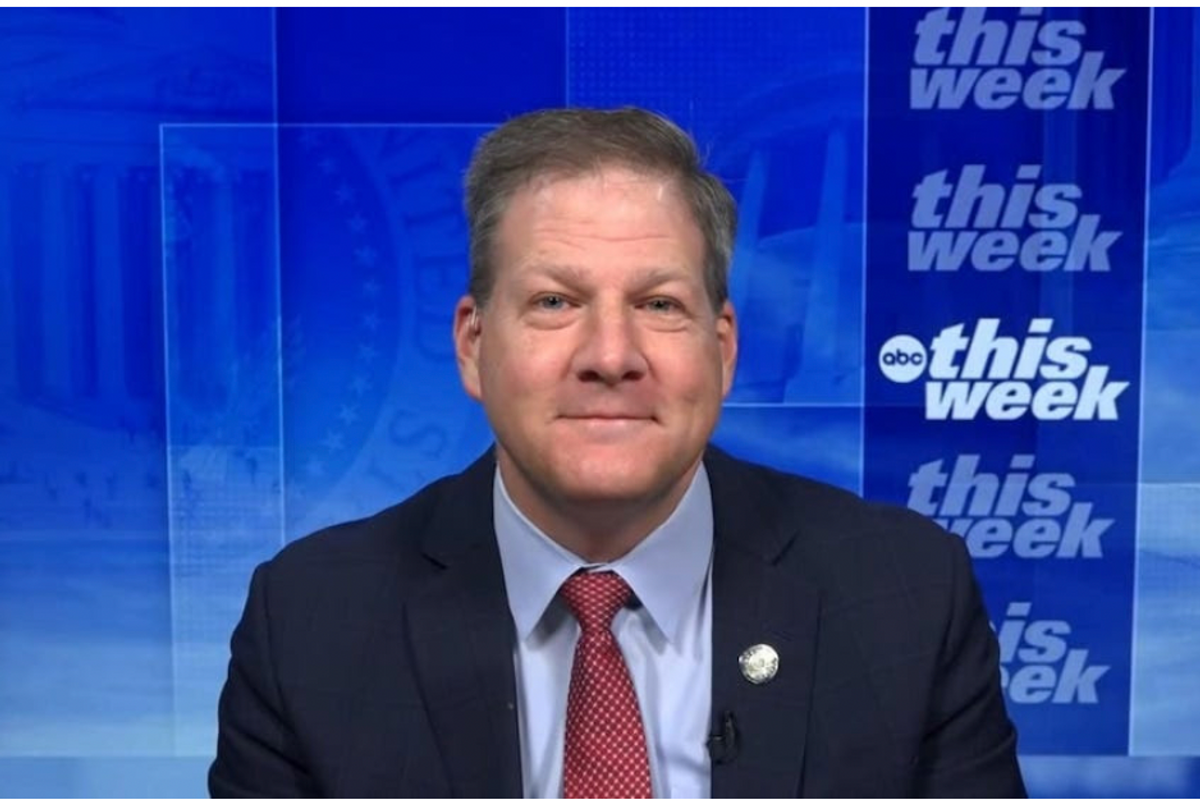
With his penultimate State of the Union address, President Obama gave the speech that Democrats have always wanted him to give.
After six years of hedges and qualification, the president finally offered a confident, full-throated defense of his economic record, and of his progressive vision of government.
“Tonight, after a breakthrough year for America, our economy is growing and creating jobs at the fastest pace since 1999. Our unemployment rate is now lower than it was before the financial crisis,” the president declared. “More of our kids are graduating than ever before; more of our people are insured than ever before; we are as free from the grip of foreign oil as we’ve been in almost 30 years.”
“It’s now up to us to choose who we want to be over the next 15 years, and for decades to come,” Obama said. “Will we accept an economy where only a few of us do spectacularly well? Or will we commit ourselves to an economy that generates rising incomes and chances for everyone who makes the effort?”
The president went on to lay out a program of “middle-class economics,” featuring tax cuts for working families, the expansion of paid sick leave, free community college, new infrastructure spending, and a higher minimum wage. He also highlighted his administration’s work on several issues close to the hearts of liberals, such as combating climate change, protecting the rights of LGBT people around the world, closing the prison at Guantánamo Bay, defending the right to vote, and safeguarding elections from “dark money for ads that pull us into the gutter.”
While nothing the president proposed would have the impact of historically significant Obama-era achievements like the Affordable Care Act or the Dodd-Frank Wall Street reform law, most of his proposals poll extremely well with the American public. And Obama practically dared Republicans to stand in their way.
“These policies will continue to work, as long as politics don’t get in the way. We can’t slow down businesses or put our economy at risk with government shutdowns or fiscal showdowns,” Obama said. “We can’t put the security of families at risk by taking away their health insurance, or unraveling the new rules on Wall Street, or refighting past battles on immigration when we’ve got a system to fix. And if a bill comes to my desk that tries to do any of these things, it will earn my veto.”
The president’s speech featured few surprises (in fact, the White House released a full transcript of Obama’s remarks before he even entered the House chamber). But the official Republican response from newly elected senator Joni Ernst (R-IA) contained even fewer. Her sunny speech had almost nothing to do with what Obama proposed; in fact, just seconds in, she flatly acknowleged that “rather than respond to a speech, I’d like to talk about your priorities.”
Apparently, Republicans still think that those priorities include building the Keystone XL pipeline — which Ernst labeled the “Keystone jobs bill,” although it will create just 35 permanent positions — cutting taxes and spending, repealing the health care reform law, and little else.
“Americans have been hurting, but when we demanded solutions, too often Washington responded with the same stale mindset that led to failed policies like Obamacare,” Ernst lamented. “It’s a mindset that gave us political talking points, not serious solutions.”
That statement betrays Republicans’ central political problem in 2015. For years, they have claimed that President Obama’s policies would lead to disaster. But now, as the GOP takes full control of Congress, those “failed policies” have resulted in a booming economy — an irony that the president noted in his address.
“At every step, we were told our goals were misguided or too ambitious; that we would crush jobs and explode deficits,” Obama said. “Instead, we’ve seen the fastest economic growth in over a decade, our deficits cut by two-thirds, a stock market that has doubled, and health care inflation at its lowest rate in 50 years.”
Meanwhile, the GOP had no response except for the same plans that it pitched at the depth of the recession.
It’s no secret that Republicans will dismiss most of the proposals that President Obama put forth during his speech. But the rest of the nation might not follow suit. According to a new NBC News-Wall Street Journal poll, 45 percent of Americans are happy with the state of the economy — an 11-year high — and 49 percent approve of Obama’s handling of the issue. Democrats’ economic message is starting to resonate, and Republicans still don’t have a serious plan of their own.
If they don’t find one shortly, they risk seeing the national debate leave them behind just as they hope to win the White House in 2016.
Photo: President Barack Obama delivers the State of the Union address on Tuesday, Jan. 20, 2015, in the House Chamber of the U.S. Capitol in Washington, D.C. (Olivier Douliery/Abaca Press/TNS)


